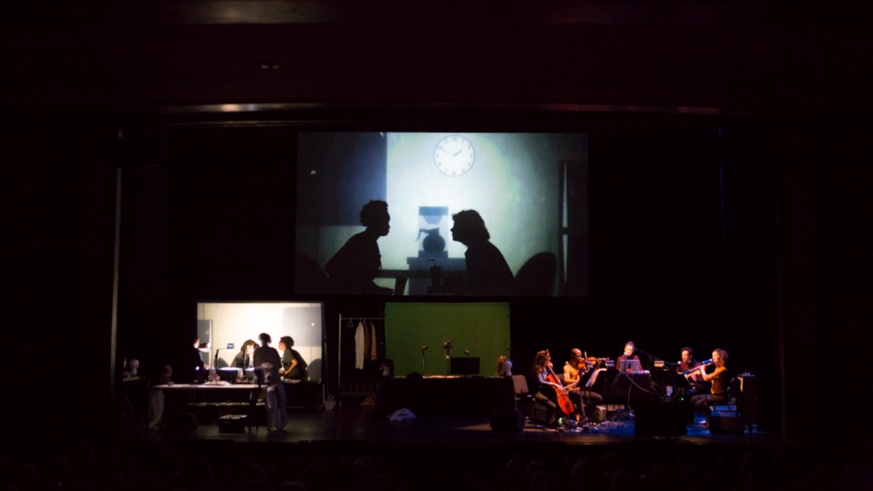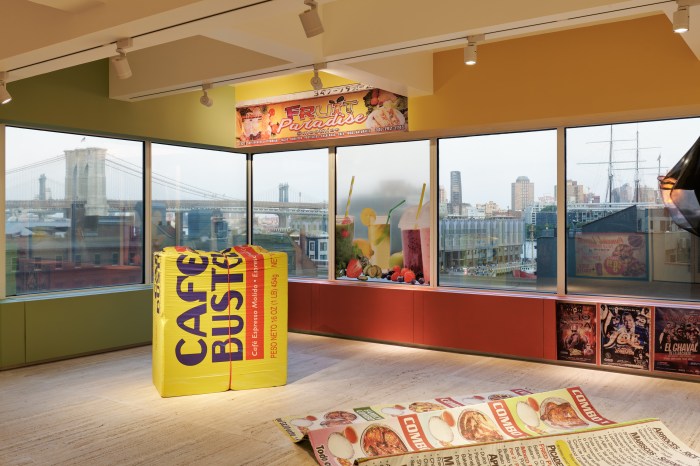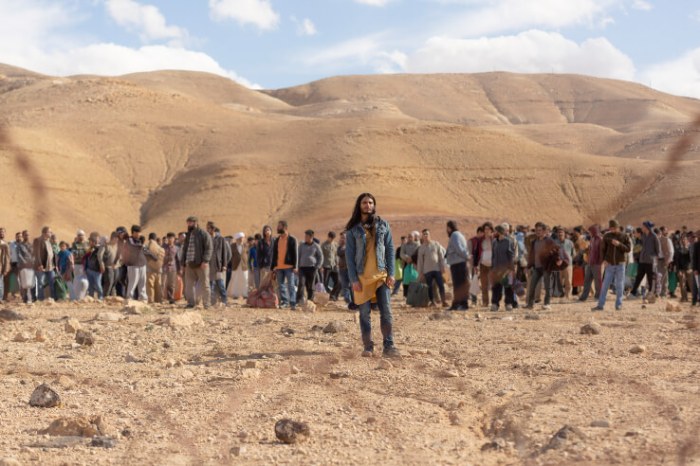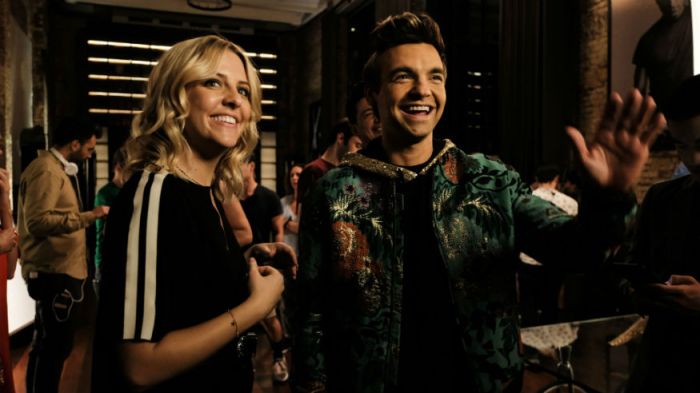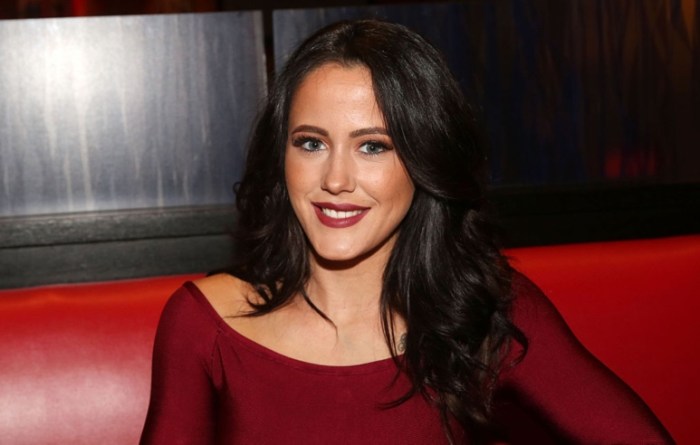I mean, we’ve all seen Child’s Play. Puppets and dolls are all nightmare fuel. But Manual Cinema did the impossible. They made puppets cool and actually, pretty beautiful (yeah, we can’t believe it either).
Their innovative show blends live music, shadow puppetry and 90’s TV video clips to form a narrative. We interviewed the co-founders and co-artistic directors of Manual Cinema, Julia VanArsdale Miller and Ben Kauffman, to learn more about Boston’s most unique show.
What is Manual Cinema?
Manual Cinema Theater Company started in 2010 by Drew Dir, Sarah Fornance, Kyle Vegter, Julia Miller and Ben Kauffman. Although the company began in Chicago, Julia Miller and Ben Kauffman both have Boston connections. Miller went to Boston University and majored in theater arts. Kauffman didn’t go to undergrad here, but he is a Brookline High School alumnus.
Despite not being back for the 2019 touring of The End of TV, Miller was back in Boston last year for their Ava/Ada showing. “Yeah, it was really wild because I hadn’t been back to Boston since I had graduated, so it’s been eight years. It was really fun going to all the places I used to go to like The Garment Distict,” Miller remarked about her nostalgia tour.

What is The End of TV?
The End of TV tells the story of Flo and Louise who live in a Midwestern city. Flo is an elderly white supervisor who loses her job when the local auto plant closes down. Louise is a young black woman who also gets laid off when the plant closes down. Due to their mutual lack of employment, they form an unlikely friendship.
“It’s about isolation in the digital age, but pre-cell phone and pre-computer,” Miller remarked, when asked about the themes of the show. She continued, adding that the characters rely on their TV in order to feel connected. This felt eerily familiar to the real world. Miller agreed that The End of TV is foreshadowing the current modern age of technology.
Another unusual aspect of The End of TV was that Kauffman wrote the music with Kyle Vector before visualizing the scenes. Normally, you would film a scene and then add music, but Kauffman added, “because this show has no dialogue, this story is really being conveyed through visuals and music and sound. In The End of TV, [we tell] this story through the songs, and interweave the visuals and the more narrative storytelling to bring it all together.”
It is rare that a show depends so heavily on the music, but it is just one of the many reasons The End of TV is special. Whether it’s the artistry, the music, the storyline, you’ve never seen anything like this.
If you go:
Jan. 16 – 27, ArtsEmerson, 559 Washington St., Boston, https://artsemerson.org/Online/default.asp?doWork::WScontent::loadArticle=Load&BOparam::WScontent::loadArticle::article_id=D2C20A84-8C84-4301-BFAB-EB91E37A1C26

